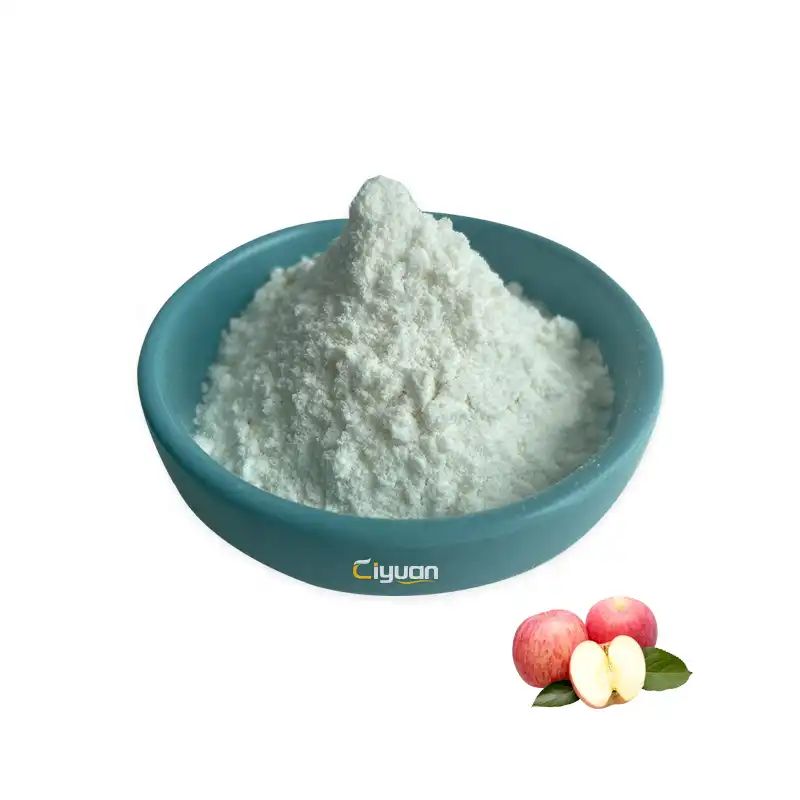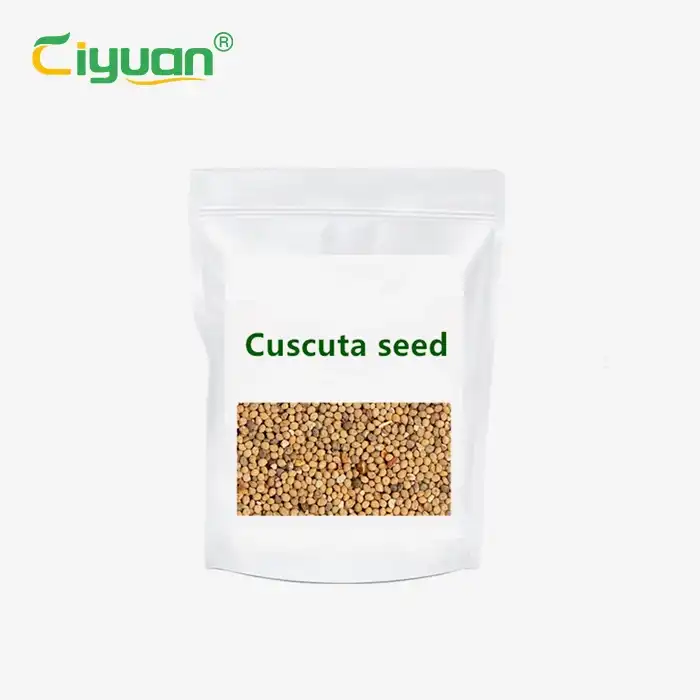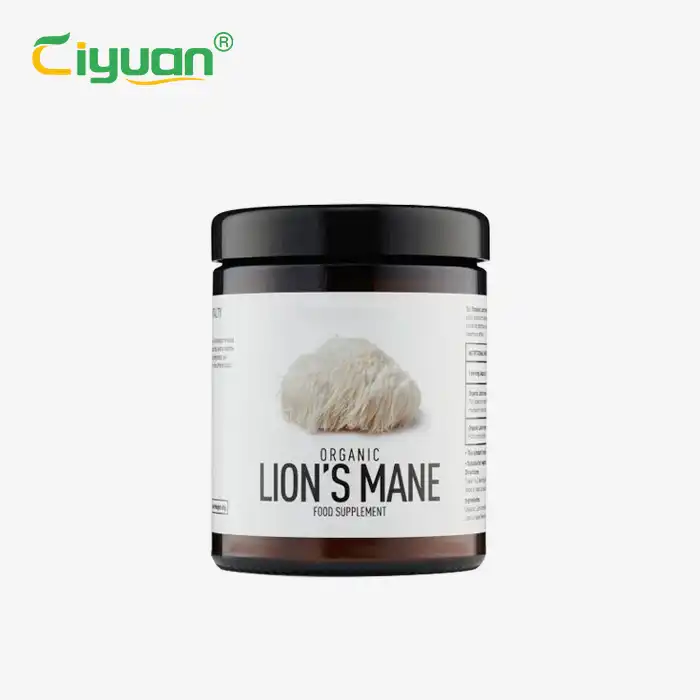The Story and Nutritional Analysis of Wolfberries
 2025-08-01 17:31:48
2025-08-01 17:31:48
Wolfberry Capsules(Lycium barbarum) are among the oldest and most magic health-preserving plants on Chinese soil, with a history spanning nearly thousands of years.
According to legend, during the Warring States Period, on the plains south of the Yellow River and north of Xiangshan in the territory of the Qin State, there lived a young farmer nicknamed Gouzi, who made a living by farming. He married a virtuous wife surnamed Qi. The couple worked from dawn till dusk, taking care of Gouzi’s mother and barely making ends meet. When the Qin State unified the six kingdoms, all able-bodied men were conscripted to the border, and Gouzi was no exception. By the time he returned from the frontier, his face was covered with beard and hair. Along the way, he found his hometown ravaged by famine—fields were barren, no crops survived, pedestrians begged for food, starved bodies lay everywhere, and many neighbors looked sallow and emaciated, with children crying from hunger. Gouzi was terrified, wondering how his mother and wife were faring. Rushing home, he was astonished to see his mother, though her hair had turned as white as silver threads, looking energetic, and his wife with a ruddy complexion, unlike the starving villagers. He asked his wife, “All the neighbors I saw along the way are sallow and thin, but you and mother look so vigorous. Why?” His wife replied, “After you left for the army, I worked hard to make a living. Since last year, locust plagues and floods destroyed all crops, but I picked red fruits from the mountains to feed mother and myself, so we survived starvation.” His mother added, “If your wife hadn’t picked those red fruits for me, I would have lost my life long ago!” When neighbors heard about this, they all went to pick the fruits, survived, and regained vitality. Later, people discovered that the red fruits picked by Gouzi’s wife, Qi, had the effects of nourishing yin, replenishing blood, nourishing the lungs, and invigorating the stomach. Folk doctors collected them for medicinal use and named them “Gouqizi” (wolfberries).
In the Compendium of Materia Medica by Li Shizhen, an outstanding medical scientist of the Ming Dynasty, wolfberries are also recorded. They are described as having a sweet and neutral nature, with effects of tonifying the liver and kidneys, improving eyesight, relieving blurred vision and excessive tearing, strengthening bones and muscles, and relieving coughs while nourishing the lungs. They can be used to treat symptoms such as liver and kidney deficiency, back pain, spermatorrhea, dizziness, tinnitus, and vision loss. For treating liver and kidney yin deficiency and blurred vision, they are often combined with chrysanthemum and rehmannia. For quenching thirst (similar to modern diabetes symptoms), they can be used with raw rehmannia, ophiopogon, and trichosanthes root. Brewing wolfberries with angelica and jujube in tea replenishes qi and blood while nourishing and protecting the liver. It is important to note that the dosage depends on individual constitution and should be determined by a doctor’s syndrome differentiation.

Nutritional Composition Analysis of Wolfberries

Rich Vitamins and Minerals
Wolfberries are rich in vitamins and minerals, especially vitamin C, vitamin E, β-carotene, zinc, and selenium. According to research data from the National Institute for Nutrition and Health, Chinese Center for Disease Control and Prevention, every 100 grams of dried wolfberries contains up to 48.4 mg of vitamin C, which is 4–5 times that of citrus fruits.
Unique Wolfberry Polysaccharides (LBP)
Wolfberry polysaccharides are a unique bioactive component in wolfberries with multiple biological functions. Studies by the Shanghai Institute of Materia Medica, Chinese Academy of Sciences, have shown that wolfberry polysaccharides have significant antioxidant and immune-regulating effects.
Carotenoids
Wolfberries are rich in carotenoids, particularly zeaxanthin and lutein, which play a crucial role in protecting eye health. These two substances are highly concentrated in the retina, effectively filtering harmful blue light and protecting retinal cells from oxidative damage. Eye fatigue caused by prolonged use of electronic devices is a common problem for modern people. The various antioxidants in wolfberries can help alleviate eye fatigue and improve dry eye symptoms. A study by the Zhongshan Ophthalmic Center of Sun Yat-sen University found that office workers who consumed 15 grams of wolfberries daily for 8 consecutive weeks experienced significant improvement in eye fatigue, with a 23% 延长 in tear film break-up time, indicating improved eye moisture.
Contraindications and Precautions for Wolfberry Consumption
Although wolfberries are highly nutritious, they are not suitable for everyone, and certain precautions should be noted:
1. Contraindicated Groups
· People with Yin Deficiency: Wolfberries have a sweet and neutral nature, entering the liver and kidney meridians. Their tonifying effect is strong, and those with yin deficiency (characterized by dry mouth and 易上火) may experience worsened symptoms such as excessive internal heat after consumption.
· People with Cold, Fever, or Infections: Wolfberries are tonic in nature. During colds, fevers, or acute infections, consuming wolfberries may increase body temperature and hinder recovery.
· Hypertensive Patients: Hypertensive individuals should avoid excessive consumption of wolfberries, as their liver and kidney-nourishing effects may potentially cause excessive internal heat and elevated blood pressure in some cases.
2. Precautions for Consumption
· Avoid Overheating for Long Periods: Wolfberries can be eaten raw, added to soups, or brewed in water. When used in soups or teas, avoid prolonged heating, as this may destroy and reduce their nutritional content.
· Avoid Combining with Green Tea: Green tea contains tannic acid, which has astringent and adsorptive properties. Brewing wolfberries with green tea may cause the loss of trace elements in wolfberries and form substances that are difficult for the human body to absorb, which is harmful to health.
· Avoid Combining with Milk: Wolfberries contain fruit acids and pectin, which may coagulate when they encounter proteins in milk, hindering nutrient absorption.
· Avoid Combining with Crabs: Crabs are cold-natured, while wolfberries are warm-natured. The two are incompatible, and consuming them together may cause abdominal pain, diarrhea, and other symptoms.

Referrences:

1.Wolfberry: A Versatile Ingredient as Both Food and Medicine, Each with Its Unique Merits
2.Compendium of Materia Medica
3.Chinese Journal of Traditional Chinese Medicine Modern Distance Education
4.Guiding Journal of Traditional Chinese Medicine and Pharmacy











_1739968569062.webp)
_副本_1750842846740.webp)
_1754980250362.webp)
_1756265219451.webp)


_1739968181682.webp)

